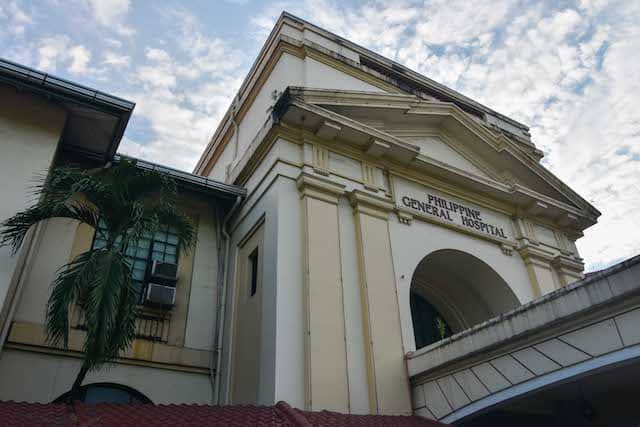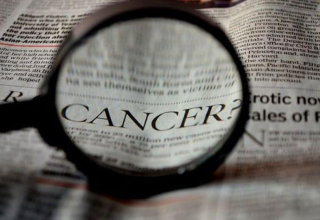
Last updated on May 11th, 2021 at 08:48 am
Three survivors of COVID-19 donated blood to Philippine General Hospital for an experimental procedure to support patients with serious coronavirus symptoms.
Seafarer Ian Ceasar Frias and nurses Kai Soriano and Galey Arranz went through the apheresis blood donation process, where convalescent plasma was collected from donors, at the University of the Philippines College of Medicine’s Paz Mendoza Hall in Manila.
The convalescent plasma contains antibodies that can neutralize the virus, which can be transfused to patients with serious disease COVID-19 to help improve their health.
The original 3 donors who bravely exposed their identities by recounting their experiences via social media have helped to eradicate the stigma of recovering from coronavirus. Hopefully it would further motivate them.
PGH – one of the country’s COVID-19 referral hospitals – appealed on April 1, to survivors who have completely recovered to donate blood to support patients with coronavirus.
Donor-survivor guidelines are as follows: Positive COVID-19 swab test (RTPCR) Subsequent swab(s) showing a negative outcome Must be asymptomatic for 2 weeks.
A successful swab, even if no additional swab is taken, the donor will be tested for blood donation by asymptomatic doctors for at least 28 days, visit the potential donor for informed consent, draw blood for initial serology and type blood, and plan the donation procedure.
It also offers lodging, drinks, and gratitude tokens.
Interested donors can contact 09178053207 or try Dr. Sandy Maganito from there.
Scientists have pointed to convalescent plasma therapy for extreme COVID-19 cases but to prove its efficacy, large-scale clinical trials will still have to be performed. Two elderly South Korean coronavirus patients in Seoul recovered from serious pneumonia after survivors treated them with plasma.
The Philippines has 4,076 cases of coronavirus as of Thursday 9 April, with 203 deaths and 124 recoveries.
























